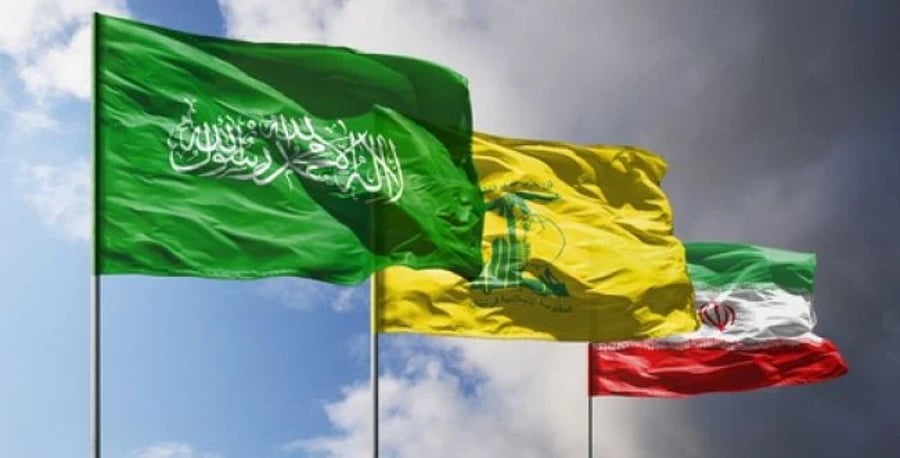
Israeli troops have launched a series of targeted attacks that have completely disrupted Hamas's activities in Lebanon.
Experts describe what has happened to at least 21 Palestinian terrorists since last October as a "shadow war" waged on Lebanese territory.When prominent Hamas strategist Saleh Arouri was eliminated in Beirut in January, the campaign reached its pinnacle.
Still, the most impact is coming from the constant targeting of mid-tier operators. These people, who are frequently in charge of logistics and finances, are the mainstay of Hamas's presence in Lebanon.
There has been a surge in activity in recent weeks.Nidal Hleihel, a Hamas member, narrowly avoided death following a drone attack in Sidon.The camp for refugees at Ein El Hilweh lamented the passing of another Hamas leader killed by Israeli soldiers, Samer al-Hajj.Not even members of opposing factions are safe, as demonstrated by the assassination of Khalil al Maqdah of Fatah, who was purportedly connected to Iran and Hezbollah.
According to Israel, these activities are essential in averting attacks on its territory. The accuracy of these strikes points to a thorough intelligence infiltration of Lebanese extremist circles.
Hamas is trying to change quickly. To stay safe, operatives are giving up their phones and changing their daily schedules in an effort to strengthen their ties to Hezbollah.
Senior Hamas official in Lebanon, Ayman Shanaa, summed up the fear with the words, "Anyone could be next."
Despite their divergent ideologies, Hamas and Hezbollah are being forced to form a closer collaboration. Some observers fear that Israel may suffer as a result of this, potentially boosting Hamas's appeal among Lebanon's Palestinian population.
* The Washington Post contributed to this article.



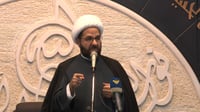

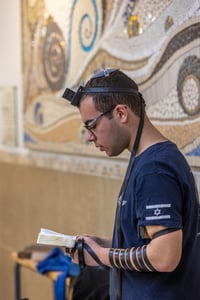

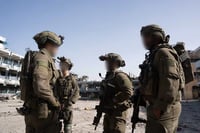
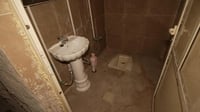


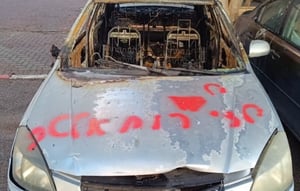
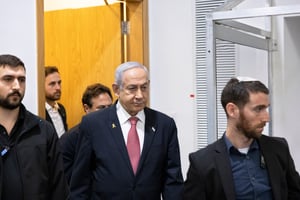


0 Comments